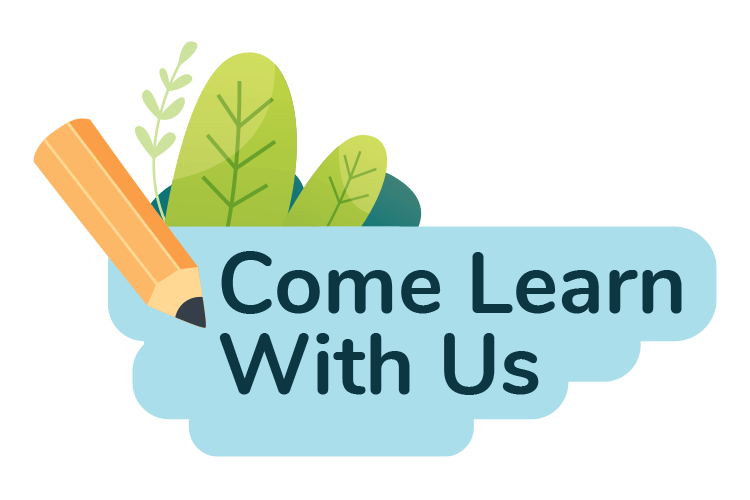Carrying Nature Inside: Why Full-Bodied Knowing Matters…
By Jacob Rodenburg
I have a friend who is an incredible naturalist. A short walk of just a few hundred meters through meadow or forest might take more than an hour in his company. He pauses often, sharing a story about nearly every plant, insect, bird, or mammal we encounter. His ears pick up a song I’ve barely noticed: “Do you hear that? A Nashville Warbler.” His knowing comes not only from his head, but from his heart—and in a way, from his entire being. I call this full-bodied knowing, or embodied knowing: the kind of deep understanding that lives in your muscles, your senses, your spirit.
Which got me thinking—what do we lose when we outsource our knowing to our devices? Yes, we can pull out Merlin to tell us what bird is singing. We can use Seek to identify a plant with the wave of our phone. We can upload our sightings to iNaturalist to help citizen science. These tools are convenient, even amazing. But when we allow our devices to remember for us, are we giving up something essential?
There’s a quiet magic in carrying knowledge of the natural world inside us. This kind of knowing is personal and intimate, born of repeated encounters, careful observation, and the effort of remembering. It is woven into our own unfolding story of connection. When we identify a bird using a field guide, we engage in a kind of dialogue: noting its size, color, behavior, and habitat, piecing together clues until we arrive at its name. That effort helps the knowing stick. It becomes part of us—not just information we’ve gathered, but experience we’ve lived.
Imagine if we relied on our devices to remember our friends, our neighbors, our family. We might find ourselves saying: “I know I’ve seen you before—just give me a second while I look you up… Ah, right! Uncle Bob!” The absurdity of that makes us smile, but isn’t that, in a way, what we risk when we let our phones stand between us and the natural world?
So here’s a gentle invitation: Put your devices away now and then. Pick up a field guide, dust off your binoculars, and head outside with curiosity and attention as your companions. Let yourself struggle a little, wonder a lot, and build a living library within—where each plant, bird, insect, mammal, amphibian, or reptile is not just a name, but part of a relationship you’ve forged. Let that knowing sink into your head, your body, your heart. Because when we truly know in this way, we are far more likely to cherish, to protect and to stand up for – when it matters most.




